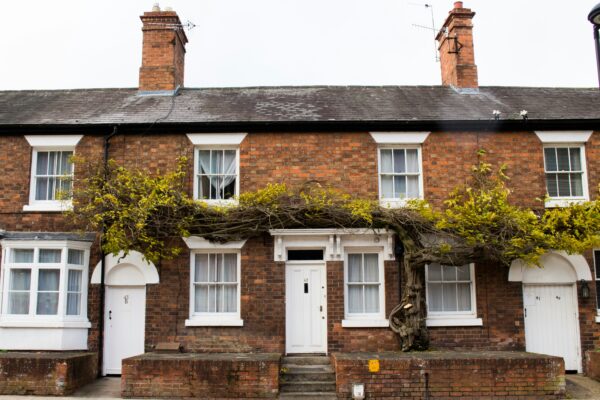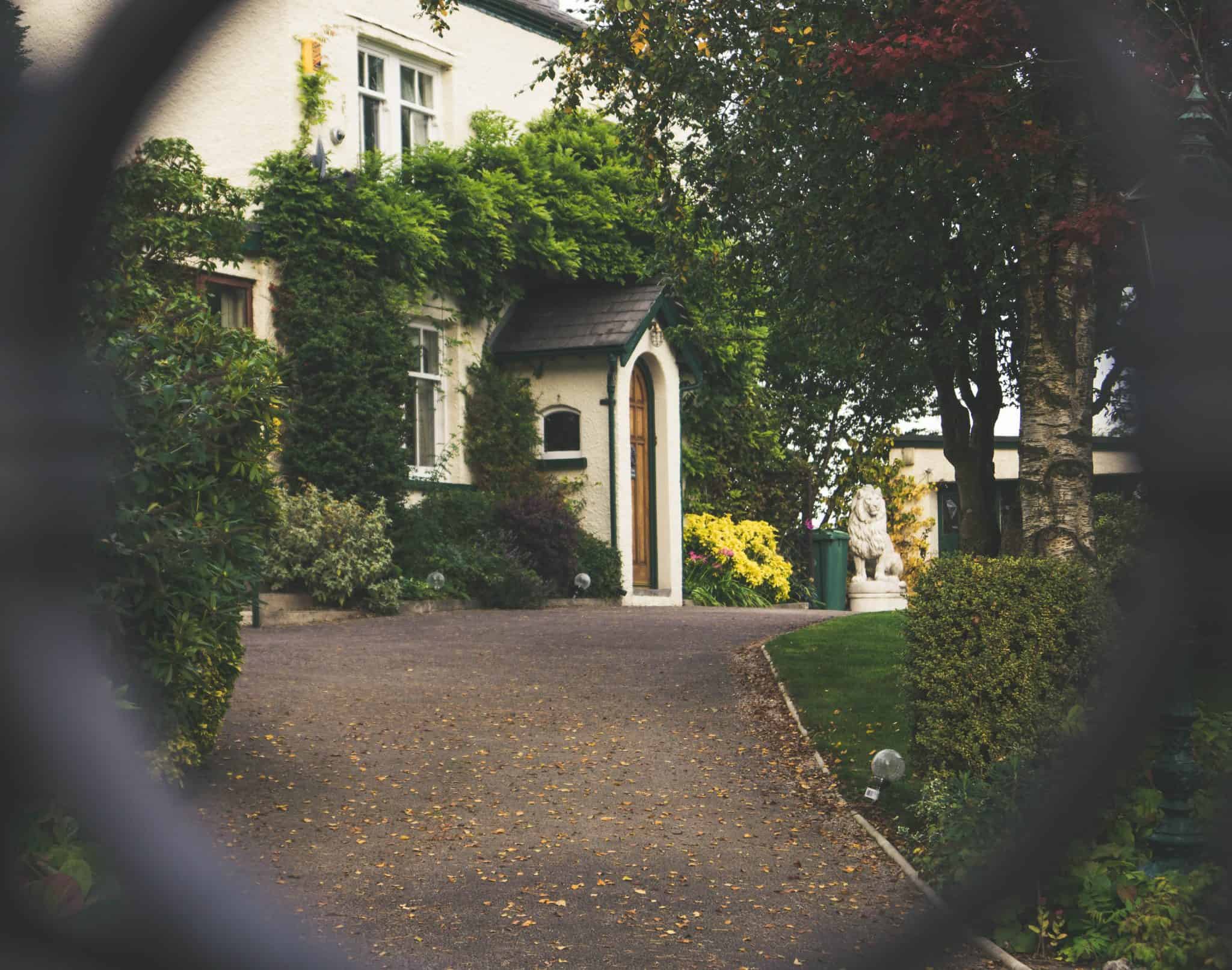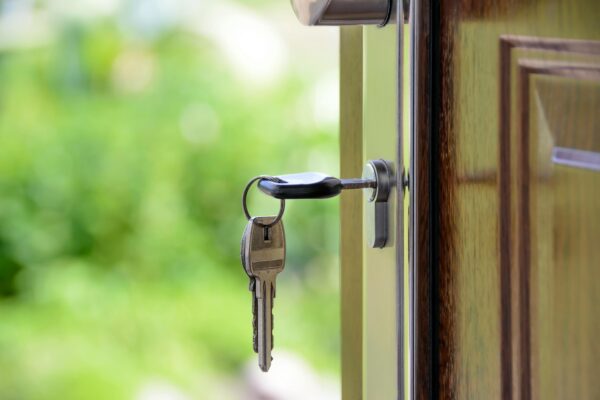
Islamic Mortgage Remortgage Guide: What to Do When Your Fixed Term Ends
02 December 2025 8 min read


Ibrahim Khan
Co-founder
12 min read
Last updated on:
This article is designed to give you all the essential info you need to get yourself an Islamic mortgage in the UK.
We have pooled our various industry conversations into one condensed article for you to make your life easier.
We look at the different types of halal mortgages available right now, who offers them (you’ll be surprised at just quite how many options there now are), and our thoughts on who to go for, and for what.
Also, if you’re actively looking to take out an Islamic mortgage you should use our nifty comparison page to quickly pinpoint the most suitable bank and mortgage product for your needs as well as our downloadable detailed guide.
If you’d rather watch than read, you can watch our youtube video instead below:
But first, a few preliminary questions:
We all know interest-bearing loans are prohibited under the sharia . Conventional mortgages are very much that. So how to get around that? Well, Islamic banks have come up with a product called the “Home Purchase Plan” or “HPP”. This allows Muslims to buy a house without taking out an interest-bearing loan.
The HPP allows you to buy a property in partnership with the Islamic bank, paying rent each month on the portion you don’t own. You are slowly also increasing your stake in the house. In other words, the Islamic bank replaces the “interest” component with “rent”.
In principle this is fine from an Islamic law perspective. But only as long as the risk profile of the transaction is actually equivalent to the Islamic bank “renting” as opposed to “loaning”.
We have gone into this issue in exhaustive detail in our detailed review of Gatehouse Bank's HPP and our review of Al Rayan Bank’s HPP (note: Al Rayan currently don’t offer HPPs anymore). In a nutshell though, our considered view is that HPPs are halal.
Currently, the two main providers within the UK are Gatehouse Bank and Strideup.
They have the capital to deploy and are actively writing Islamic mortgage offers every month ranging into the tens of millions of pounds.
There is also Kuwait Finance House (formerly Al Ahli) who are less well-known and not that active, primarily due to their focus being on serving overseas Middle Eastern clients looking to buy in central London. There is also Habib Bank AG Zurich – for the slightly more affluent end of the market. They are particularly active and competitive around commercial and buy-to-let mortgages.
This space might seem small, but it is possible that Al-Rayan may begin offering Islamic Mortgages again, and it’s common knowledge that there are at least three separate banks or mortgage providers currently in the various stages of their FCA and PRA application who are also planning to enter the market.
Not really. Islamic banks are fully regulated by the Financial Conduct Authority and the Prudential Regulatory Authority and so have to meet their stringent criteria. Additionally, the Financial Services Compensation Scheme (“FSCS) applies to Islamic banks as well. So £85,000 of your money in a savings/current account with an Islamic bank will be secured by the FSCS in case the bank collapses.
In fact, Islamic banks are arguably safer than mainstream banks as they don’t engage in prohibited activities under the sharia, such as derivatives and exotic instruments trading.
Consequently, a large percentage of Islamic bank customers are actually non-Muslims who are looking to take advantage of either: (i) the market-leading savings rates offered by such Islamic banks; or (ii) take out a HPP where there is no penalty for early repayment.
Yes, there are a number of providers that offer two main types of halal home financing options for Muslims; home purchase plans (HPPs) and shared-ownership schemes. We go into these types in more detail below.
The diminishing musharakah structure is the most common structure in the UK and if you’re getting a HPP you’ll almost certainly be using this structure. Under this structure, the purchaser and Islamic bank will be purchasing the property jointly. The purchaser then slowly buys the property back from the bank by paying rent on the bank’s portion, as explained above.
The purchaser will need to put down a deposit at the time of purchase however. The lowest deposit available in the market right now is 5%, but if you want to avoid paying hefty rental fees you should aim to have at least 20%. You can see all the UK Islamic mortgage products available today on our comparison page.
The ijara mortgage is basically the diminishing musharakah, apart from there is no “diminishing” going on. So let’s say you buy a house for £100,000, and pay £20,000 as a deposit and £80,000 is contributed by the bank. Under an ijarah or “rent-only” mortgage, you pay the monthly rent each month on the bank’s portion of the house, but you don’t make any payments towards buying the bank’s portion.
This sort of mortgage is typically not advisable for a home purchase where you plan to live, as it can mean you having to end up selling your house at the end of the term in order to pay the bank back its £80,000.
However, this type of mortgage is often seen in a buy-to-let context, as there, sometimes people are looking to generate as much monthly cash flow as possible, and don’t particularly care about actually owning more of the property.
Under a murabaha structure, the Islamic bank will purchase a property on your behalf, and then sell you the same property at a marked up price.
So you go the Islamic bank and say “I want this property worth £100,000.” The bank agrees, appoints you as its agent, and you go off and buy the property for the bank. The bank now owns the property.
The bank now sells you this property for £125,000, payable over 20 years, and you now own the property (subject to you keeping up with your payments).
In Britain, the murabaha structure is sometimes seen in a buy-to-let scenario, in commercial property development financings, and in bridge financing situations. It is not typically seen for a residential Islamic mortgage. However, it is much more common in the Middle East and Far East. From a sharia perspective, the majority of scholars both from the Middle East and Far East are comfortable with this structure.
A murabaha structure is not to be confused with a commodity murabaha structure (also known as tawarruq). At IFG, we prefer other structures ahead of a commodity murabaha structure, due to sharia compliance concerns. If you’re interested, read our piece on commodity murabaha and why we're not that keen on it.
Before we list the Islamic banks that do offer Islamic mortgages today, it’s important to clear up a bit of confusion on banks who have previously dabbled with Islamic finance. Contrary to what this article has to say, the following banks are NOT currently offering Islamic mortgages:
HSBC is the biggest UK bank, and at one point it branched out into Islamic finance under its HSBC Amanah Finance brand. However HSBC closed its Islamic finance operations in the UK in 2012. Their services included mortgages, current accounts, stockbroking and pension funds. Operations in the UK, the UAE, Bahrain, Bangladesh, Singapore and Mauritius were all closed that year.
At the time they claimed that wanted to focus on Saudi Arabia and Malaysia – which is what they are currently doing.
Lloyds used to offer Islamic mortgages and Islamic current accounts, which they launched in 2006. Sadly they binned the Islamic current account in 2018. They also removed Islamic mortgages from their offering a while back.
Arab Banking Corporation used to offer Islamic mortgages in collaboration with Bristol & West under the “Al Buraq” name. However they have not been offering Islamic mortgages for a number of years now.
Al Rayan Bank have been a cornerstone of the UK Islamic Mortgage market for some time. However, they recently announced that they have withdrawn their home finance offerings.
We have no indication of when, or even if, they will return. In case of interest, you can check out our detailed review of Al Rayan Bank’s HPP.
Gatehouse was established in 2007 but has only recently started offering retail HPPs and Buy-to-Lets. It is looking to quickly grow in this market and has aggressively undercut Al Rayan on some of the key HPP products (e.g. the 80% LTV Islamic mortgage).
This competition is only good for the Muslim consumer and we expect customer care standards and pricing to improve as a result.
Check out our detailed review of Gatehouse. For a detailed comparison of Islamic mortgage rates, check out our comparison page.
We have followed Strideup for a number of years and are pleased to see the progress they’ve made over the years. They’ve been offering Islamic mortgages for a few years now and we did a video review and a written review of their product. Check it out.
Kuwait Finance House part of KFH Group global network used to be known as Al Ahli in the UK. They have offered HPPs for a number of years, though their usual clientele are those looking to buy larger, more expensive properties, generally in the London area.
So their products are not suitable for most, but where they do become suitable (for example a 65% LTV mortgage in London where you’re looking to borrow over £250,000), they often have great rates. So for someone who already has an Islamic mortgage and wants to refinance, KFH might be worth a closer look.
There are now a number of alternatives to Islamic mortgage providers currently available in the UK. This includes Pfida, Wayhome and others.
These products are in design and theory really nice, but the big challenge with the housing market and developing a financing business is the need for scale and capital.
At this moment in time Pfida is financing homes, but there is a waitlist of several years. Wayhome stopped financing homes and are now refinancing a small number of homes; Yourhome finances a small number of homes every year and then you go onto their waitlist; Keyzy is actively financing a small number of homes.
These products can often come with their own challenges too. They are mostly – but not always – more expensive than Islamic mortgages. They are often unregulated too, which isn’t the end of the world, but if something was to go wrong with the company, it would not be a good place to be.
Now how do they compare to HPPs or even each other? That’s a difficult question to answer as all these products are unique, so it does become difficult to compare them all.
Pfida are an alternative to a mortgage and provide a shared ownership structure – but they believe that they can offer such a structure at Islamic bank (or lower) rates. We’re very excited about them – provided they secure the financing they need to be able to execute on their vision. Do also check out our Pfida review.
Wayhome, formerly Unmortgage are another alternative to a mortgage, providing a shared-ownership model. They’ve launched their Islamic mortgage and we’re pleasantly surprised. Watch our detailed review below.
Heylo Housing is an alternative to a mortgage. It provides a shared-ownership model where you can buy back as much (or as little) of your house as you like.
Generally they are most suitable for those who are otherwise struggling to get an Islamic mortgage with a mainstream Islamic bank – because Heylo’s rates tend to be more expensive and not worth it if you can go for an Islamic bank instead.
From a sharia perspective they’re great, as they don’t lock you into buying back the Heylo portion of the house, and as such there isn’t a “debt-like” element to the structure like there arguably is with a standard HPP.
Offa is a new player in the UK halal mortgage market, recently gaining FCA approval to offer Home Purchase Plans (HPPs). They already offer bridge finance and buy-to-let products, and with their tech-driven approach, their home purchase process is expected to be far more streamlined than traditional providers. The only drawback is that they haven’t fully rolled out their product yet, so the exact details remain unclear.
That said, expectations are high and I do expect them to be good given that the Offa team includes the same professionals who helped establish Al Rayan’s mortgage offering during the early growth of Islamic finance in the UK.
UBL offer Islamic mortgages – at least that’s what their website says. But from the multiple times we have called them, we have either not got through, or the person we have spoken to has very little idea about their products. We understand from industry conversations that they’re ironing out a few regulatory issues in the background.
We hope they get everything sorted and do come to market properly soon!
People often think that buying is the most sensible financial decision. But, in some cases, renting can make better financial sense and give you the flexibility to move (for your job etc) quickly.
Something most people don’t think about is what would happen over the long term if, instead of using your saved-up deposit towards your house, you actually invested it and made a return on it.
We’ve made a nifty calculator that lets you plug in the numbers to work this out for you.
Thinking about where to park that deposit money whilst you save up? Check out our investment arm Cur8 Capital for the latest options.
Islamic mortgages offer a shariah-compliant way to buy property without paying interest. While some scholars are critical, others have approved the structure. These products are admittedly often more expensive and come with certain trade-offs, but for those who prioritise staying halal, the added cost is a worthwhile price to pay for peace of mind. As more people choose this route and the market matures, we expect costs to come down, just as they have in other growing sectors.
For more detail, checkout this article we wrote on the pros and cons of islamic mortgages.
A Shariah mortgage (also known as a halal mortgage, shariah-compliant mortgage or Islamic mortgage) is a way to buy a home without paying interest, which is prohibited in Islam. Instead of borrowing money and paying interest like with a conventional mortgage, you enter into a co-ownership agreement with the bank—typically through a Home Purchase Plan (HPP). You gradually buy out the bank’s share while paying rent on the portion you don’t yet own.
The most common structure used is diminishing musharakah, though other models like Ijara (lease only) and Murabaha (cost-plus sale) are also used in certain contexts. While not all scholars agree on every product, many prominent scholars have approved the concept. Done properly, we believe shariah-compliant mortgages are a valid and halal way to buy a home in the UK.
The two prominent UK players Lloyds and HSBC no longer offer Islamic finance products. At the same time as HSBC, Barclays and Deutsche Bank also scaled back their Islamic banking teams in Dubai.
Reports at the time suggest some of the issues the banks faced. Unsurprisingly, they claim they weren’t making enough money.
Two key reasons why these banks failed:
The Islamic mortgage space is set to hot up significantly in the coming months and years and we expect that this will improve customer service, pricing, and availability across the board. That can only be a good thing. Additionally, through our analysis and commentary on the Sharia status of each of these Islamic banks’ products, we hope we can influence the market towards products that are halal both in form and in spirit.
Please do subscribe to our newsletter – every new subscriber gives more weight to our mission to do this.
If you already have an Islamic mortgage and your fixed term is ending soon, don’t miss our Islamic remortgaging guide for UK homeowners.
Finally, you can use our tool to quickly compare Islamic mortgages and if you’d like to genuinely help the Islamic mortgage industry make strides whilst making a fixed-income return yourself, check out our Fixed-income Fund on Cur8 Capital.

02 December 2025 8 min read

05 September 2025 11 min read
Leave a Reply